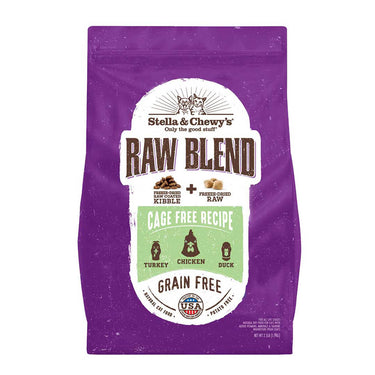

Be sure that your veterinarian is aware of what diet you are feeding your dog and why.

Steps to consider for dogs suspected of having or who have been diagnosed with dilated cardiomyopathy (DCM): Raw, vegetarian and home-cooked diets may also be of concern. Much remains unknown at this time, but there are steps that pet owners can take if their dogs have been consuming grain-free diets. Research efforts are currently ongoing regarding the many questions associated with these clinical observations. It is important to note that diets labeled as meeting the minimum requirements for nutrient levels set forth by the Association of American Feed Control Officials (AAFCO) may still put dogs at risk. Veterinary nutritionists emphasize that other factors associated with grain-free diets, such as the use of unusual protein sources, use of legumes and potatoes as primary ingredients, and unknown sourcing, production, clinical testing and ingredient standards in smaller, local or “boutique” manufacturing processes, may be contributing to the problem. It is important to note that most dogs with diet-associated dilated cardiomyopathy do not have low taurine concentrations, so taurine consumption or metabolism does not appear to be the whole story. FDA Provides Third Status Report on Investigation into Potential Connection Between Certain Diets and Cases of Canine Heart Disease (June 27, 2019).
#Taurine dogs update

Taurine is an amino acid that is necessary for normal cardiac muscle function. Some of the first cases were diagnosed in golden retrievers and some of those affected dogs had documented low concentrations of whole blood taurine. Over the past few years, there has been growing concern in the veterinary cardiology community about what appears to be an increasing incidence of heart disease (specifically, dilated cardiomyopathy-type changes) noted in dogs on certain types of diets.


 0 kommentar(er)
0 kommentar(er)
